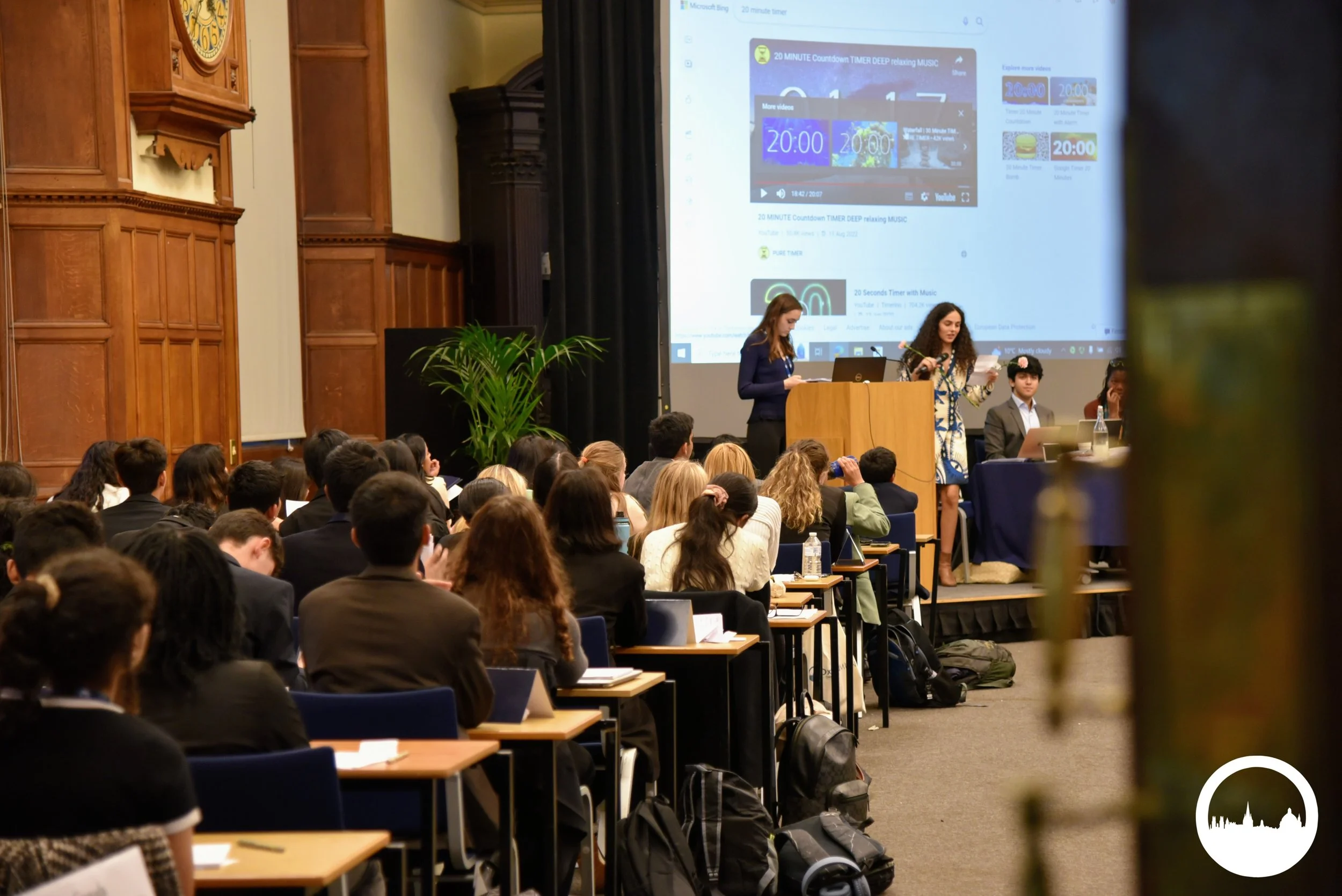Since the summer, debates around the question of the protection of the Amazon forest have been at the centre of the international stage. Following the influx of news regarding the fires raging in the region and the heated debate between Brazil’s president Jair Bolsonaro and French president Emmanuel Macron, the question of the Amazon has gained new weight in a scenario characterised by the climate strikes and the rise of new discussions on environmentalism in international forums.
Tied to Oil: Can Renewable Energies Really Reduce Geopolitical Dependencies?
Most countries have large oil and gas reserves of their own in order to prevent uncertainties in global markets as well as negative economic consequences in times of shortages. With 600 million barrels of oil, the United States holds the largest of such reserves in the world. In the European Union, a region whose energy security has historically been vulnerable due to a high dependence on oil and gas imports, a 1968 directive (passed during the times of the ‘European Community’) requires member states to have a strategic petroleum reserve for at least 90 days of average domestic consumption. The reason is that in situations of uncertainty, governments should be able to rely on reserves to fend off market speculation, or a full out energy crisis should the situation be more grave. However, despite the reserves, the international community has a strong dependency on fossil fuel exporters even today.
What Does Brexit Mean for Ireland?
Since the 2016 referendum, Brexit has been a mainstay of political, economic and social discussion across the UK and Europe. However, the consequences of this decision for Ireland have often gone under-explored. For the Republic, these include the trade repercussions of Britain’s possible exit of the Single Market and Customs Union, potentially counterbalanced by movement of MNCs to Dublin. For Northern Ireland, issues surrounding the border ‘backstop’ and Good Friday Agreement have also spurred concerns over the re-ignition of sectarian divide. The dynamic nature of the Brexit question leaves it difficult to anticipate precise impacts of the decision, yet the for Ireland these are likely to be as significant as they are lasting.
The Internet and Healthcare: Friend or Foe?
It goes without saying that the internet has revolutionised countless areas of life, largely due to the high-speed long-distance communication it enables and its role as an information resource. The latter is useful in a myriad of ventures, ranging from artificial intelligence to finding a cupcake recipe. It has also had a massive impact on healthcare, with studies having shown that 60–80% of internet users have utilised it to find health information. However, with the recent rise of the anti-vax movement and the ease with which misinformation may be spread online, is the internet really a force for good in the world of healthcare?
Crime That is Out of This World: What is Going On Out There?
As more people head into space and more activities are carried out beyond the territorial claims of any one nation, the more we need to start asking ourselves what to do when things go wrong. What happens when the intergalactic criminals we see in comics and novels suddenly become real-life characters, attempting to evade the law by staying just outside its reach?
Meaningful Participation and Humanitarian Intervention: Whose Aid-Work Is It Anyway?
Currently, little enforceable policy exists to police standards of meaningful participation—the involvement of affected populations—in crisis relief and humanitarian interventions. While this is somewhat unsurprising given the nexus of state-led and charitable activity in this field, it has nevertheless created significant complications pertaining to the sustainability and effectiveness of crisis relief efforts. Further than impairing the practical recovery of affected populations, lax policies of meaningful participation perpetuate dangerous neo-colonial stereotypes as western celebrities involved in campaigns like Comic Relief and, increasingly, individuals partaking in voluntourism reinforce the ‘White Saviour’ stereotype—a trope popularised more through the advent of social media. With reference to some specific case studies, this piece will explore why meaningful participation is paramount for the creation of sustainable solutions to humanitarian crisis, consider the impact of the digital age on these debates by exploring the ‘#NoWhiteSaviours’ campaign on social media, and ultimately suggest how state-led and charitable efforts in this field could be better regulated.
Social Media Platforms: Conduits or Publishers?
The advent of technology has left modern legal systems struggling to keep up. Over the last 10 years, legal systems across the world have been trying to find an answer to the precise question posed above: are social media platforms publishers or mere conduits? Unfortunately, no satisfactory answer has yet been found. Instead, individual legal systems have made incremental progress towards the development of such an answer.









